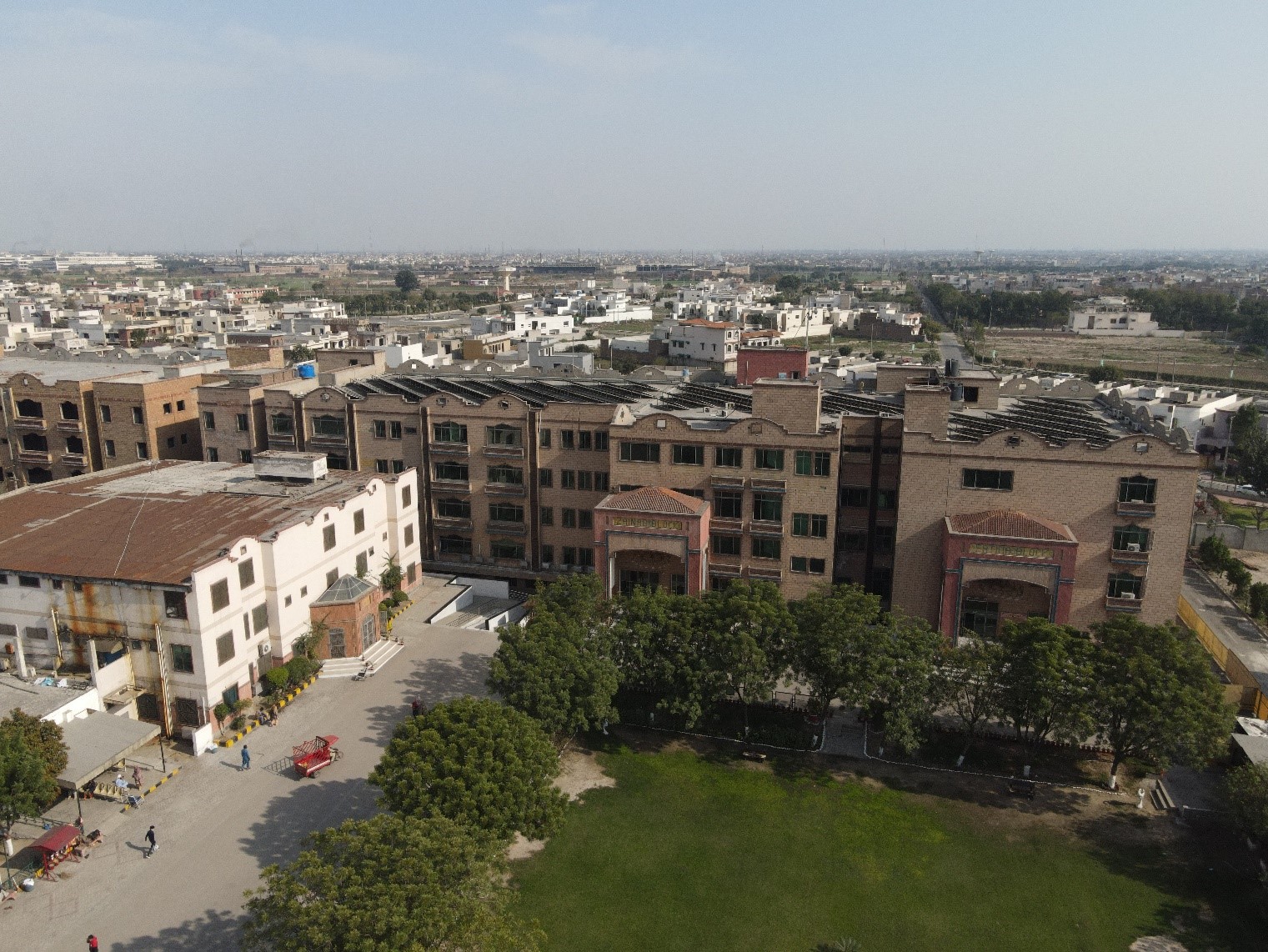SETTINGS AND INFRASTRUCTURE
The university prioritizes safety and security through a comprehensive approach. Its campus features the latest fire hydrants for fire prevention, scanning facilities for students and staff, advanced security cameras for surveillance, and strategically placed emergency exits. This holistic setup ensures the well-being and protection of the entire university community.
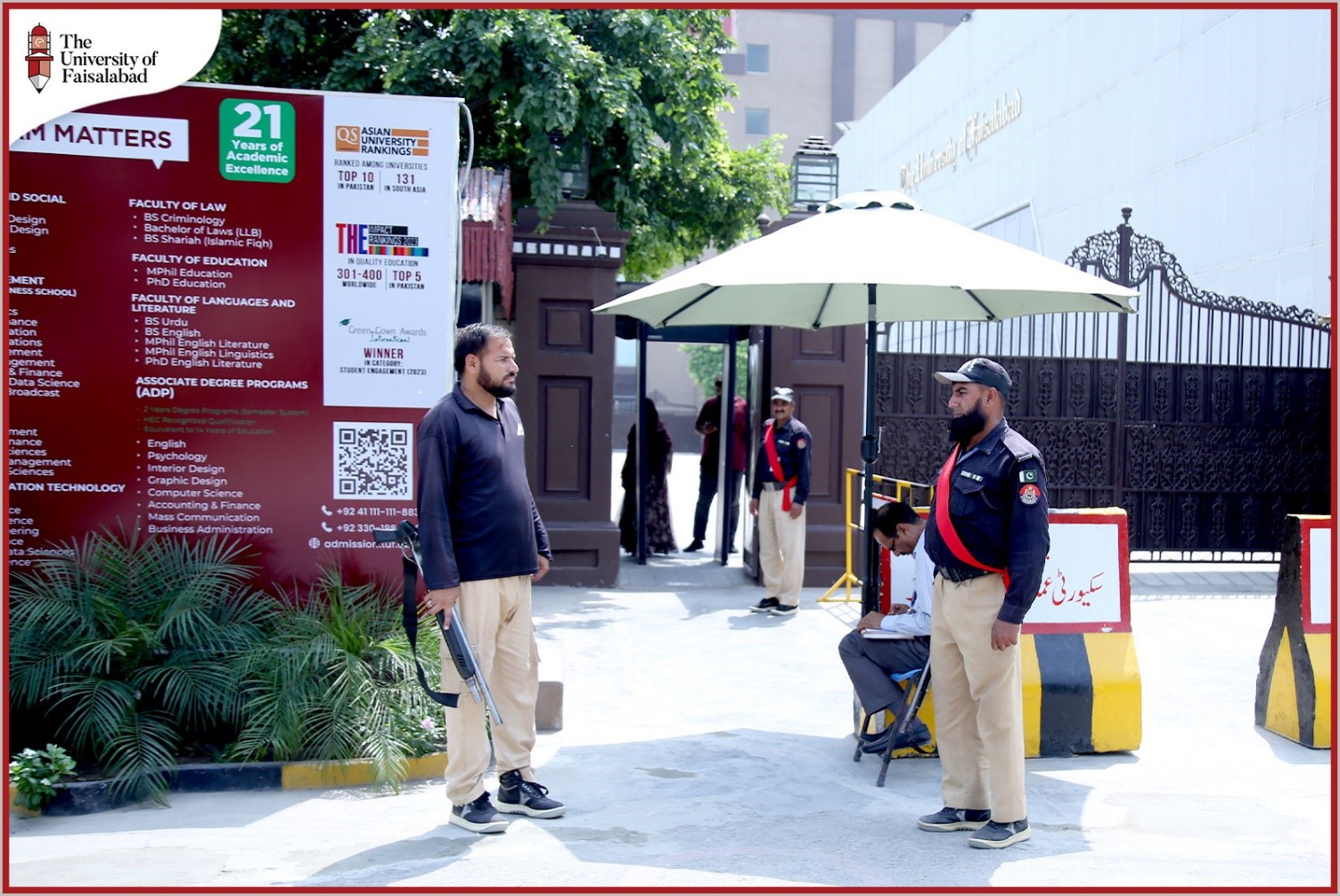
Physical Security
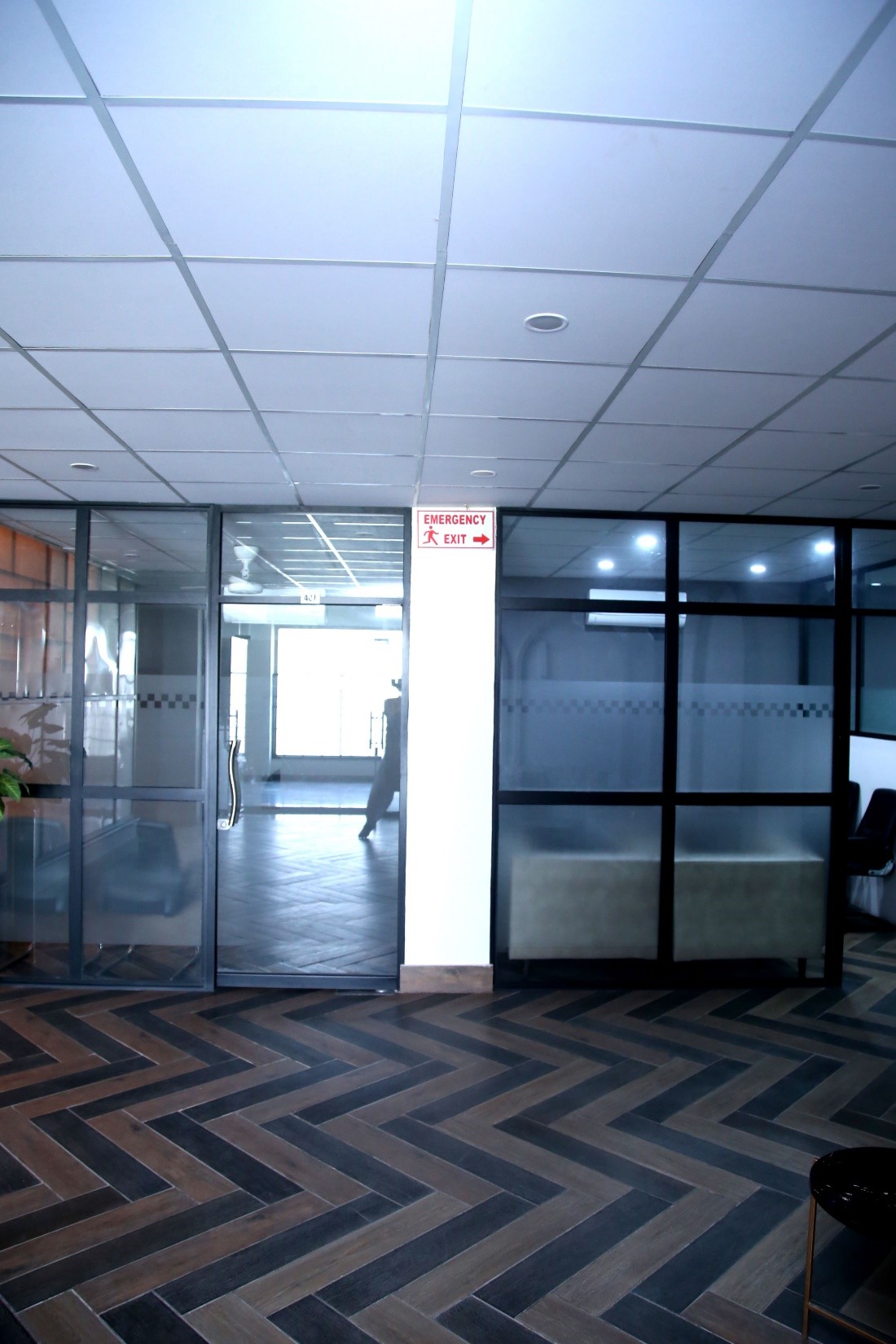
Emergency Exit
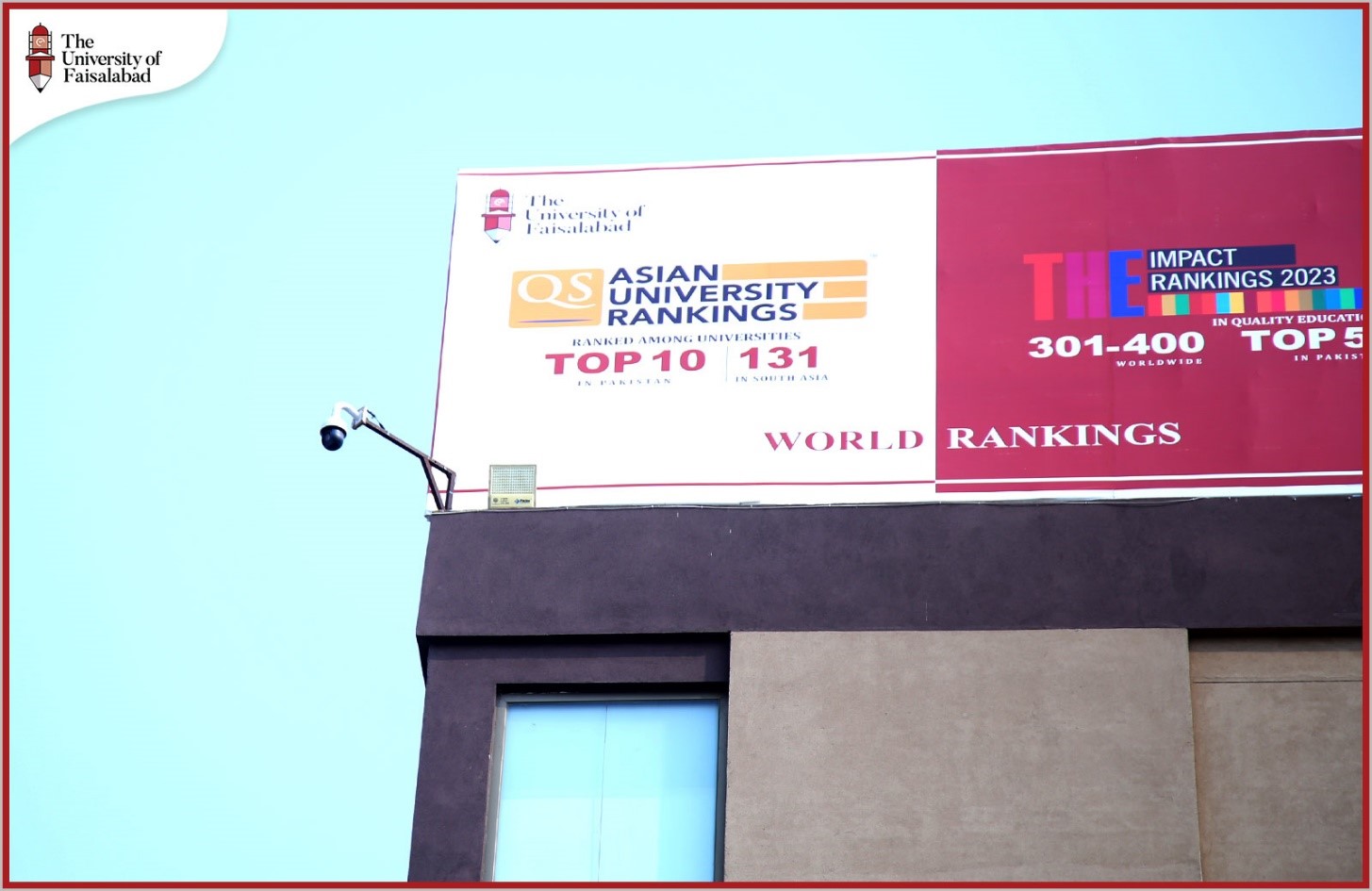
CCTV Cameras
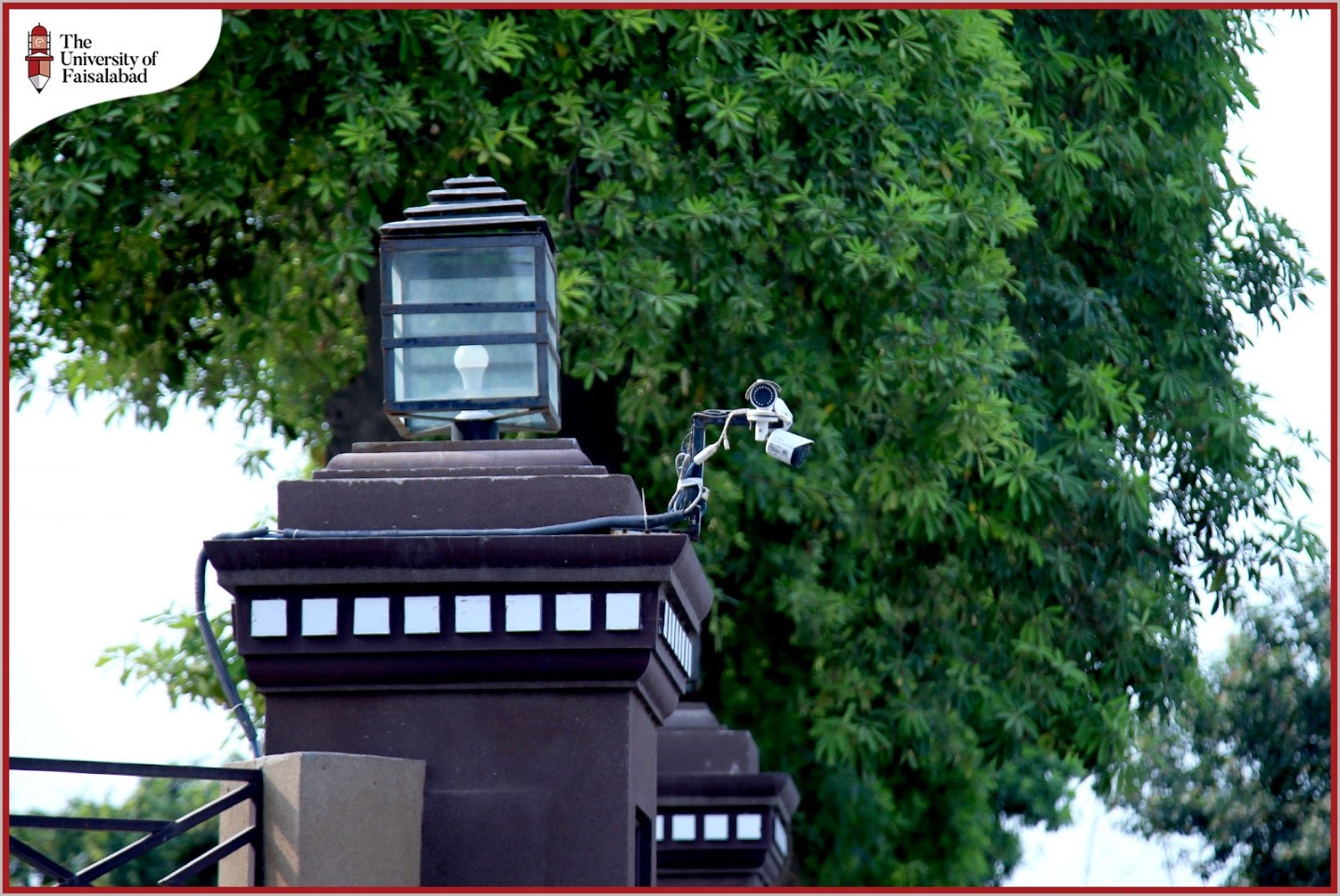
CCTV Cameras
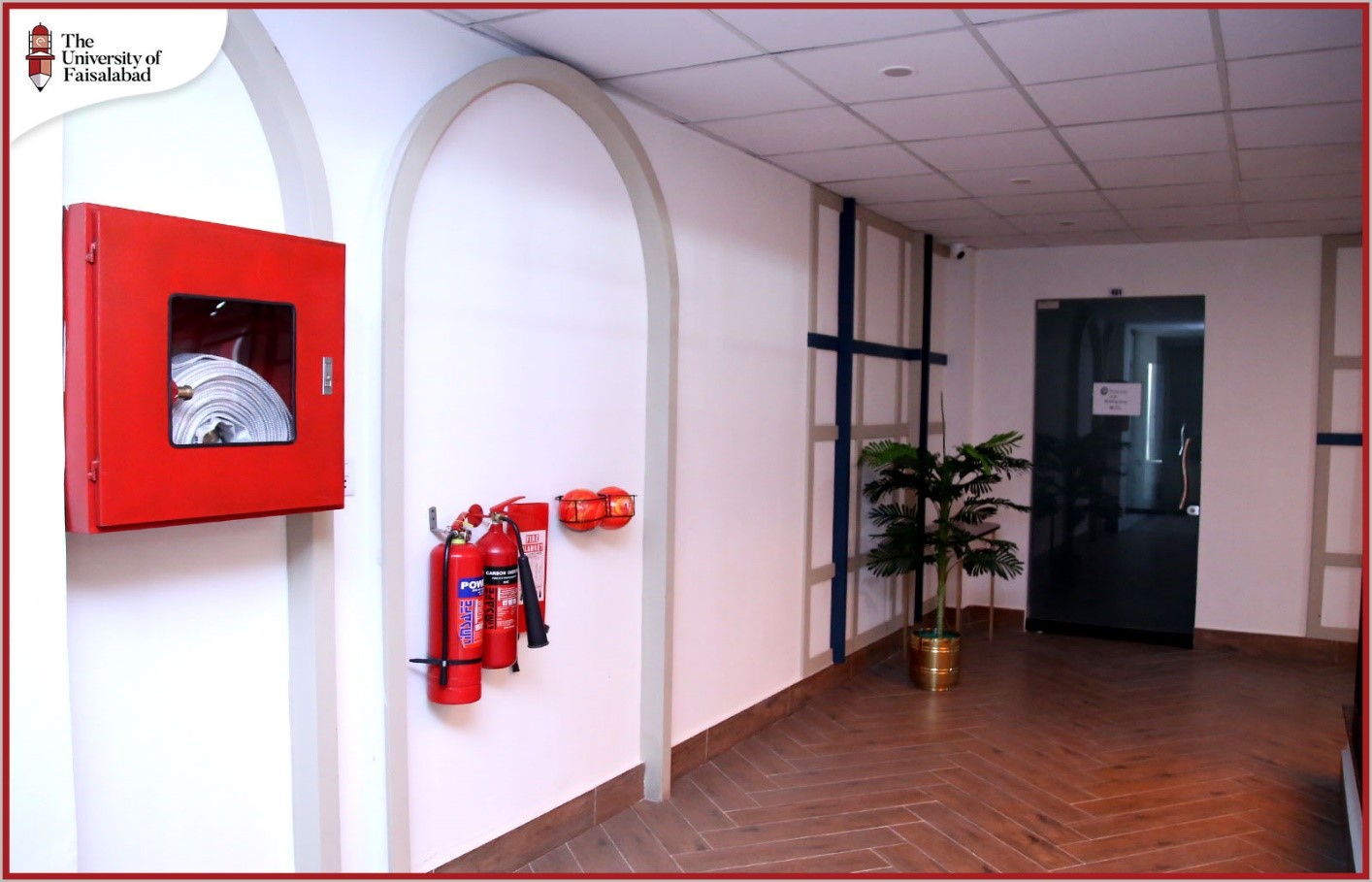
Fire Hydrants
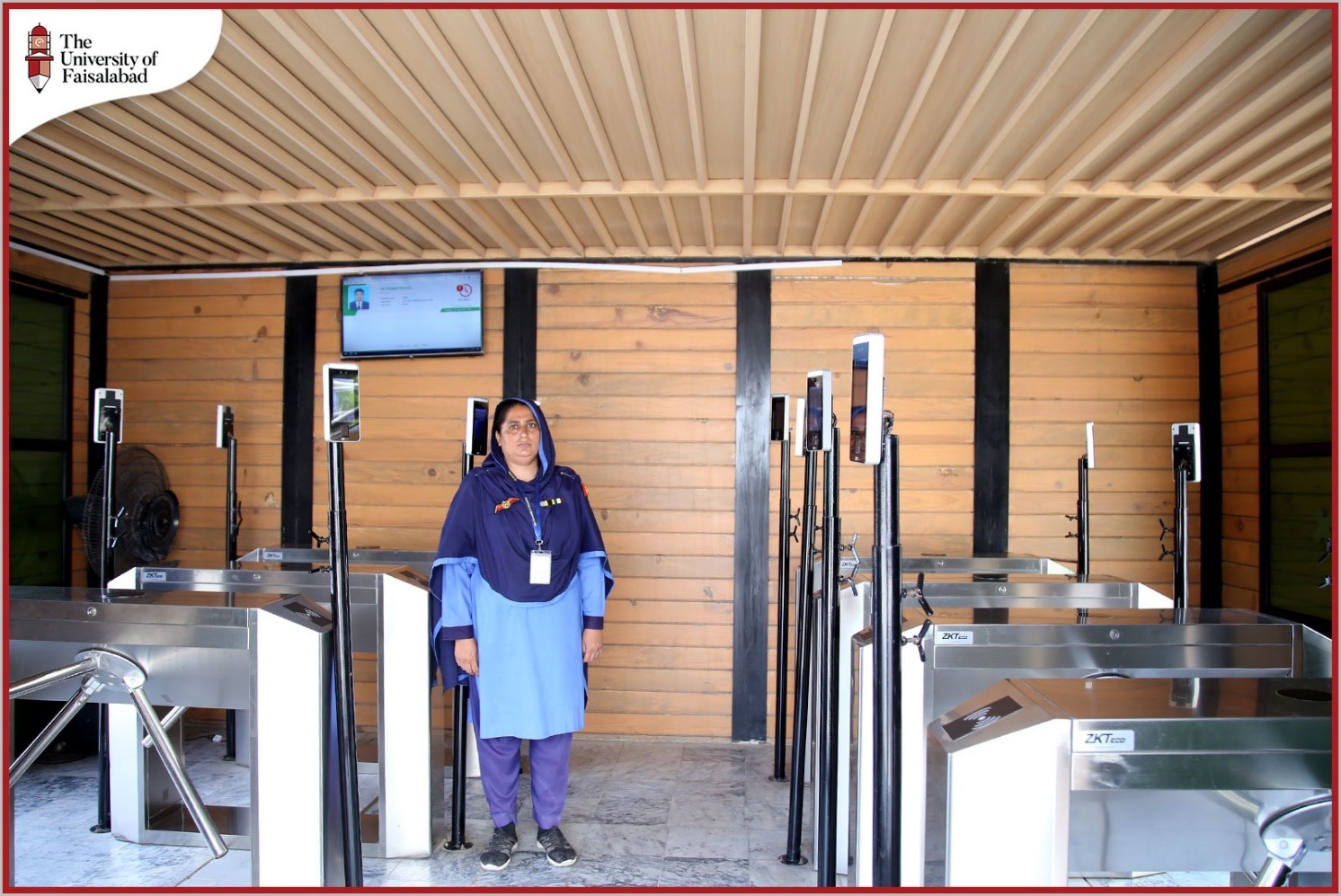
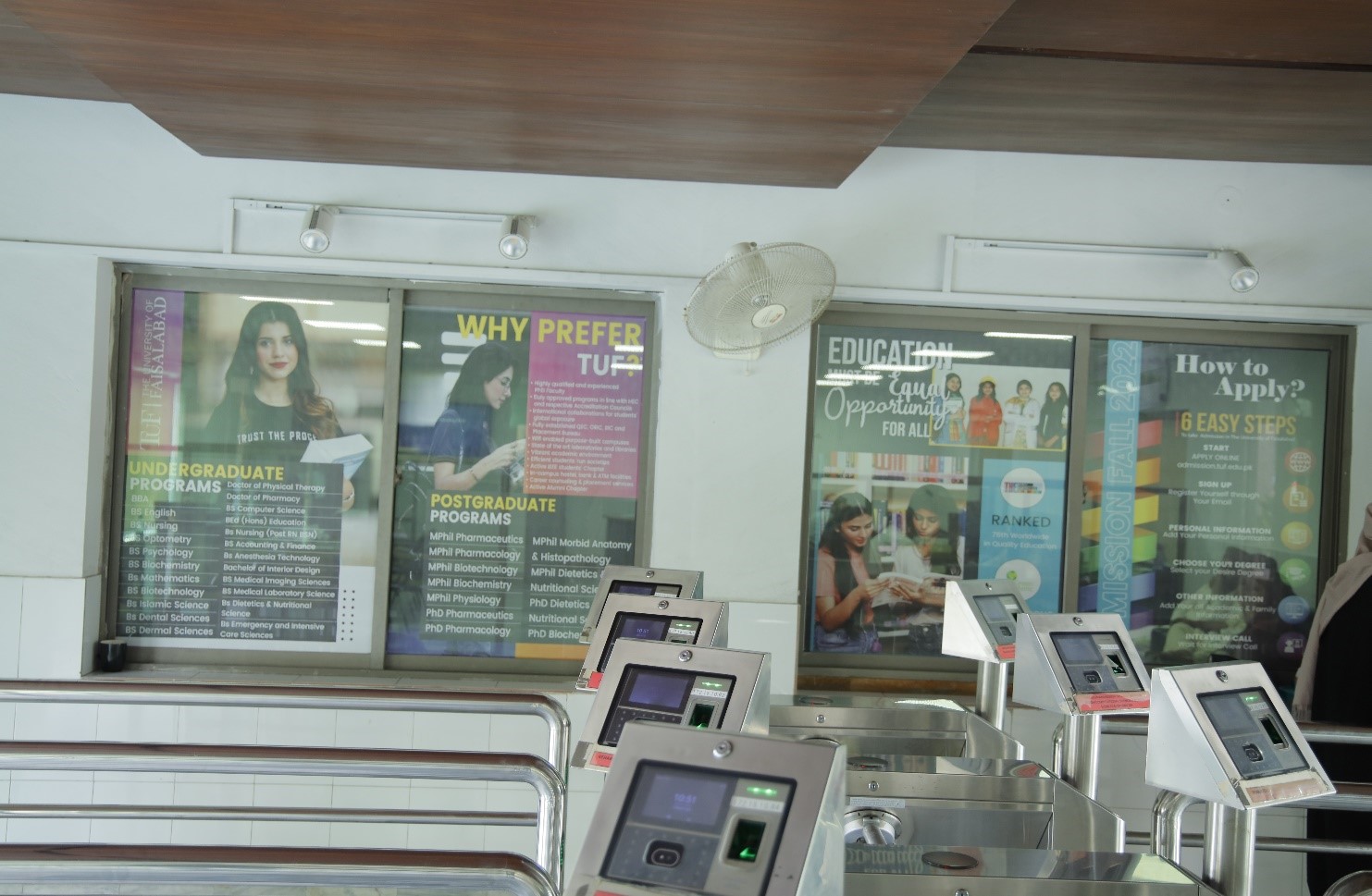
Scanning Faculty

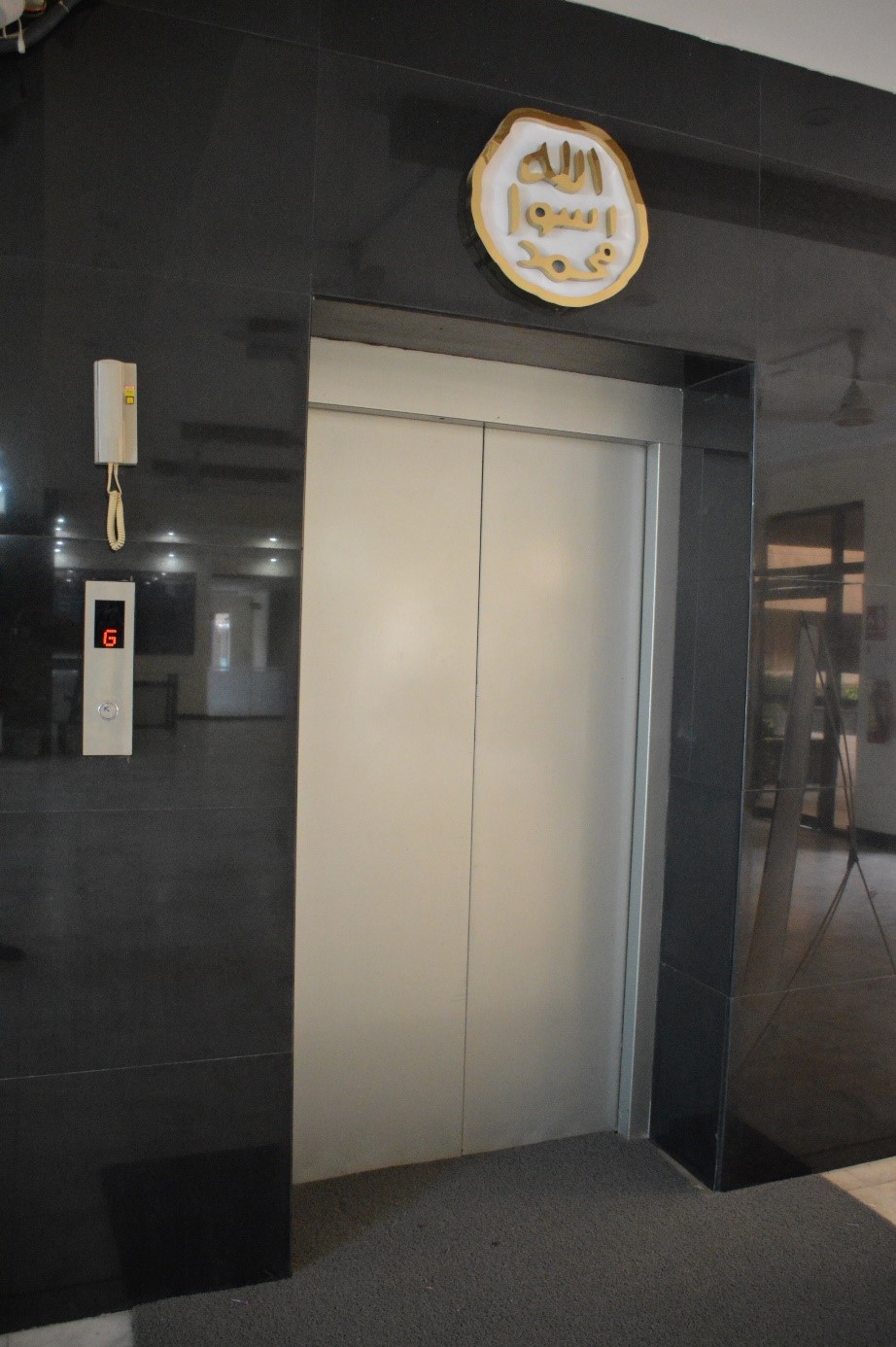
Designated Entrance for people with special needs Elevators
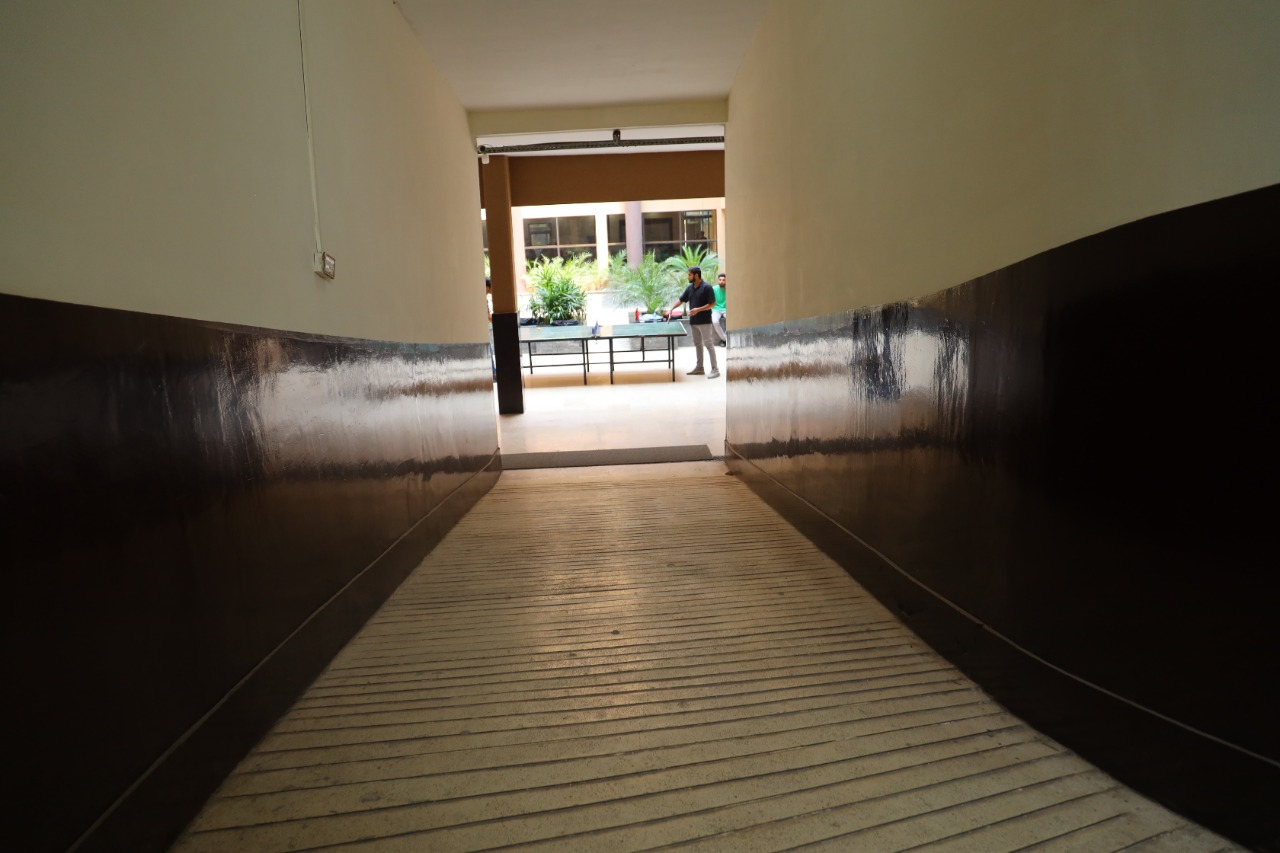
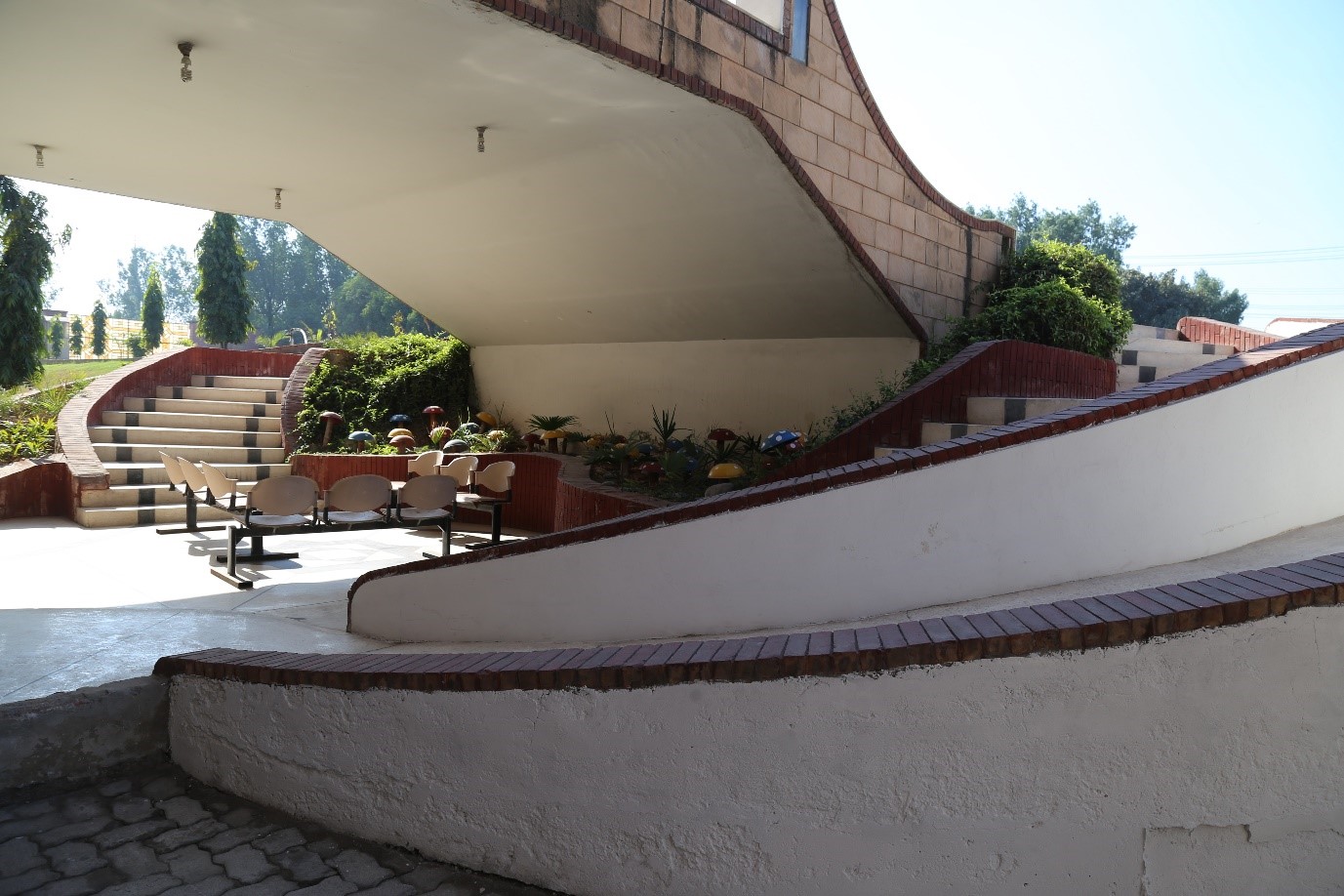
Designated Path and sitting area
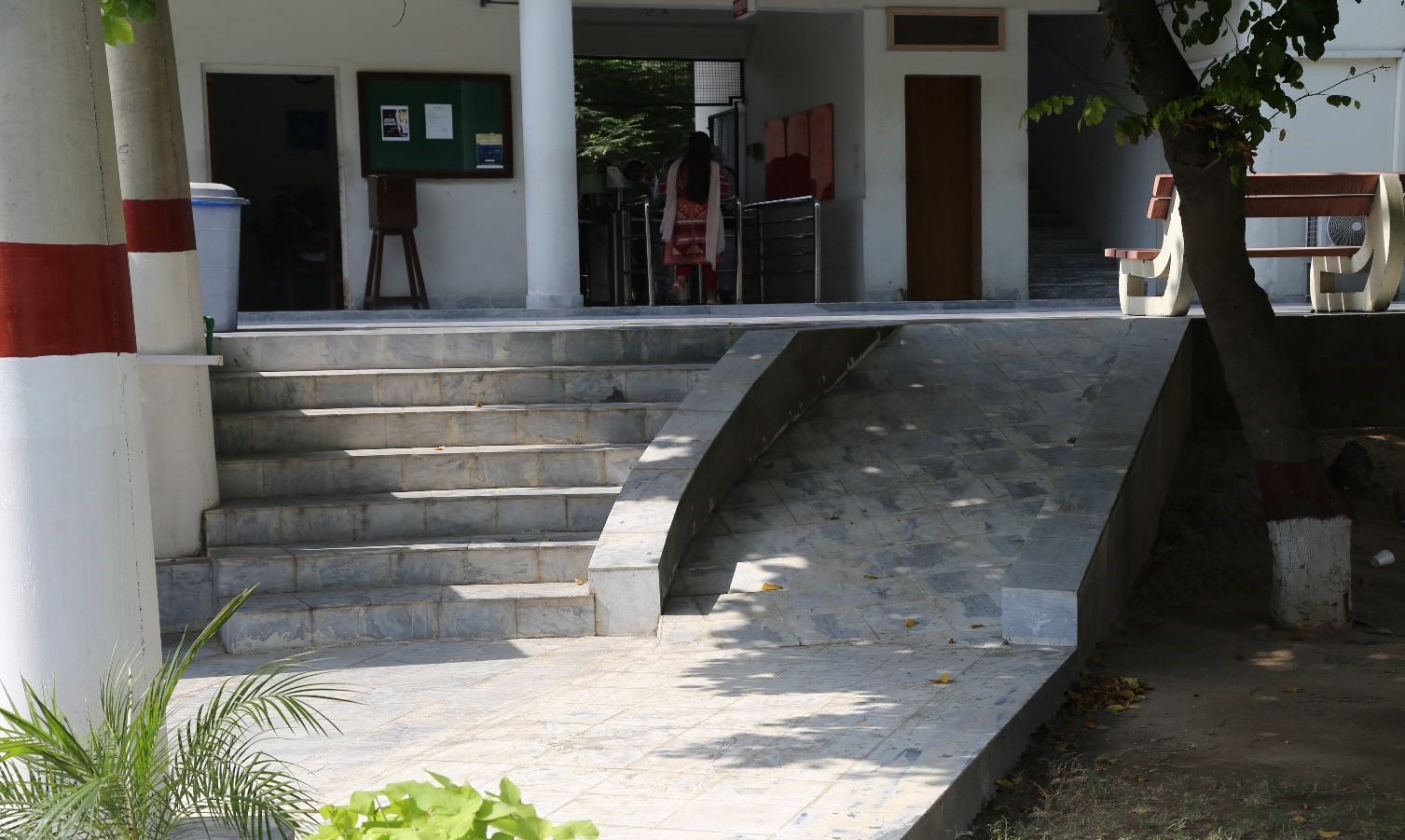
Designated Areaoutside the hostel premises for students and staff having spoecial abilities and hostel residents
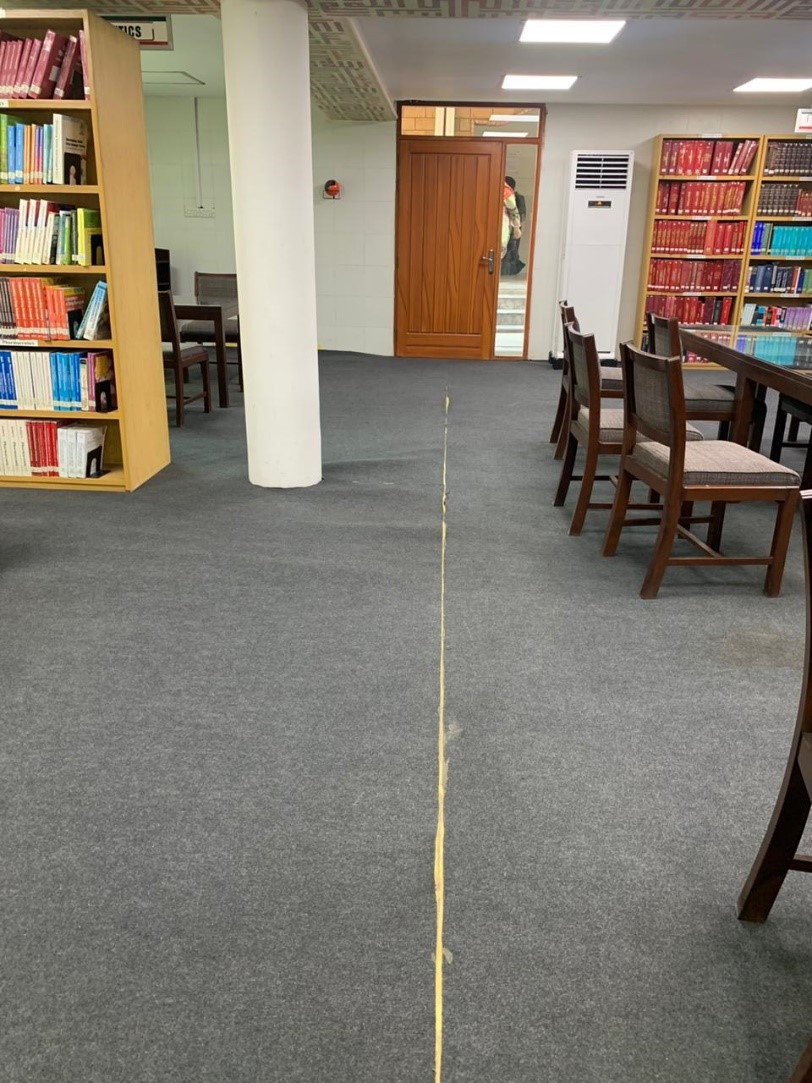
Designated Door in Library to enter
The University operates a significant healthcare resource in the form of a 500-bed ISO-certified hospital named Madina Teaching Hospital Faisalabad. Hospital offers free medical services to students, staff, and the underprivileged within the community. It stands fully equipped with cutting-edge medical technology and staffed by well-trained professionals, ensuring top-quality healthcare. This commitment to free, accessible medical care not only benefits the campus community (students, academics and administrative staff) but also underscores the TUF dedication to addressing broader societal healthcare needs. The hospital serves as a beacon of medical education, community service, and healthcare excellence, aligning the University mission with the well-being of its constituents and the local population.
Conservative: plant,animal and wildlife,genetic resource for food and agriculture secured in either medium or long term conservation facilities
The University of Faisalabad offers degree programs in Health, social, Management and Engineering Sciences, but does not include programs in Plant Pathology, Animal Husbandry, or Agriculture. However, the university prioritizes social responsibility by actively supporting farmers. It provides a platform for farmers, guiding them on sustainable farming practices and crop cultivation. Additionally, the University maintains its cattle farm and vegetable cultivation areas. Fresh vegetables grown on-site are supplied to the university's hostel cafeteria, promoting self-sufficiency and sustainable practices while serving the nutritional needs of the students and staff. This approach showcases the University commitment to both education and community well-being.
PROJECT: FEEDING PAKISTAN SUSTAINING THE FUTURE MOBILE APPLICATION FOR FARMERS
Project launched by Department of Computer Sciences with the aim “The best choice for protecting your crops” Objective of the project is to:
- Medicate Leaf Disease
- Educate Farmers
- Locate vendor
- Optimize Yield
It is mobile application that helps Pakistan's smallholder farmers confront several threats to their crops.
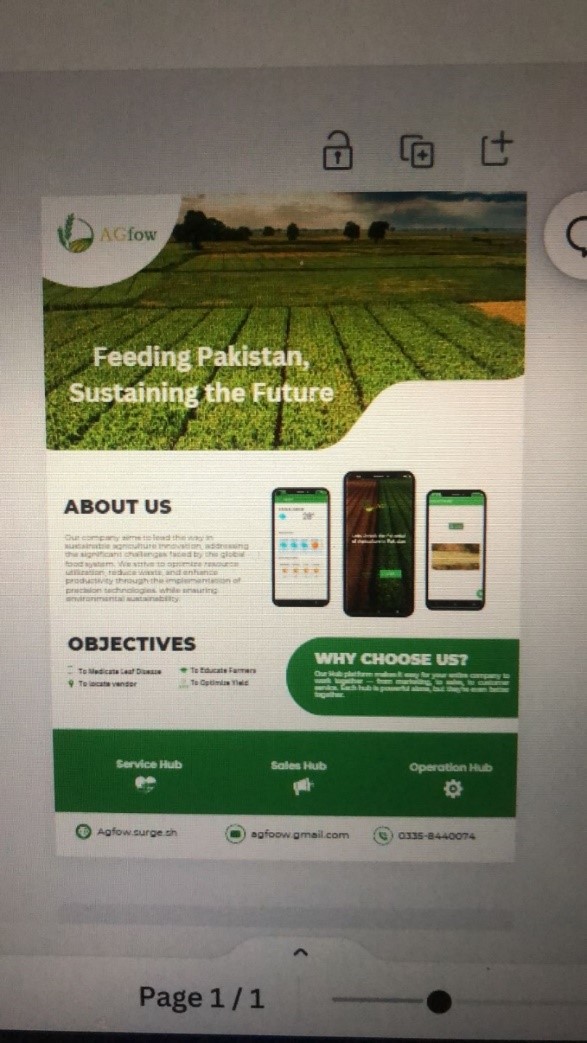

A Dialogue with Local Farmers and Food Suppliers"
A pivotal session has been organized in collaboration between the Quality Enhancement Cell (QEC) and the Biotechnology Department of The University of Faisalabad. Dr. Shaista illuminated the path to sustainable food agriculture, emphasizing innovative farming practices, conservation of natural resources, and the responsible use of biotechnology. The nutritional value of crops grown and the irrigation of plants with potentially contaminated water, underlining the need for a holistic approach to address these challenges has also been discussed.
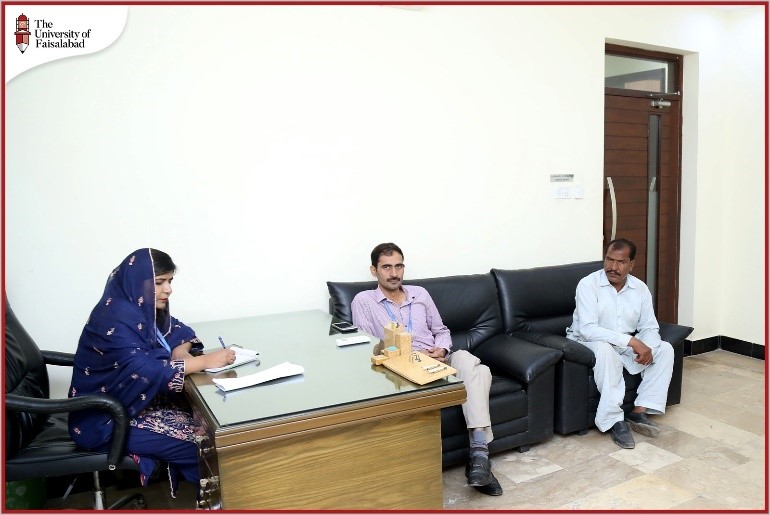
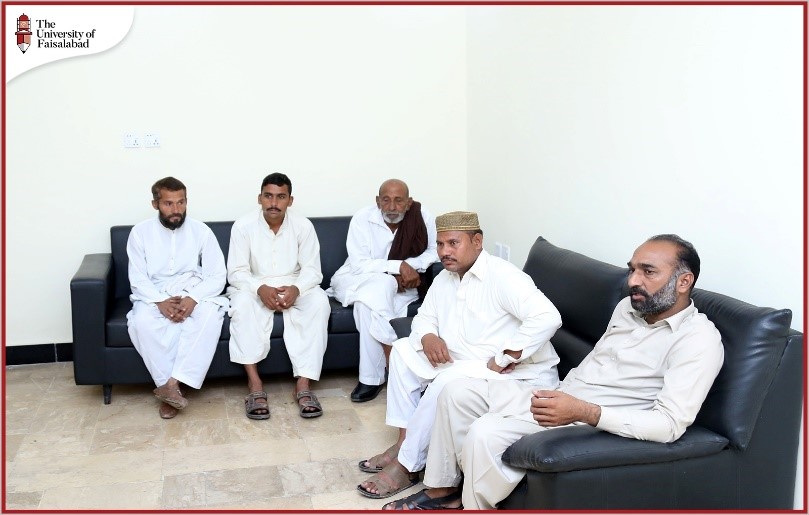
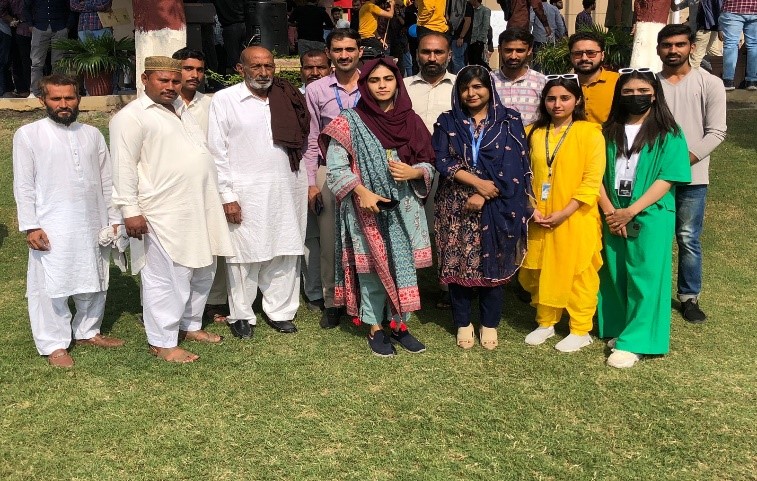
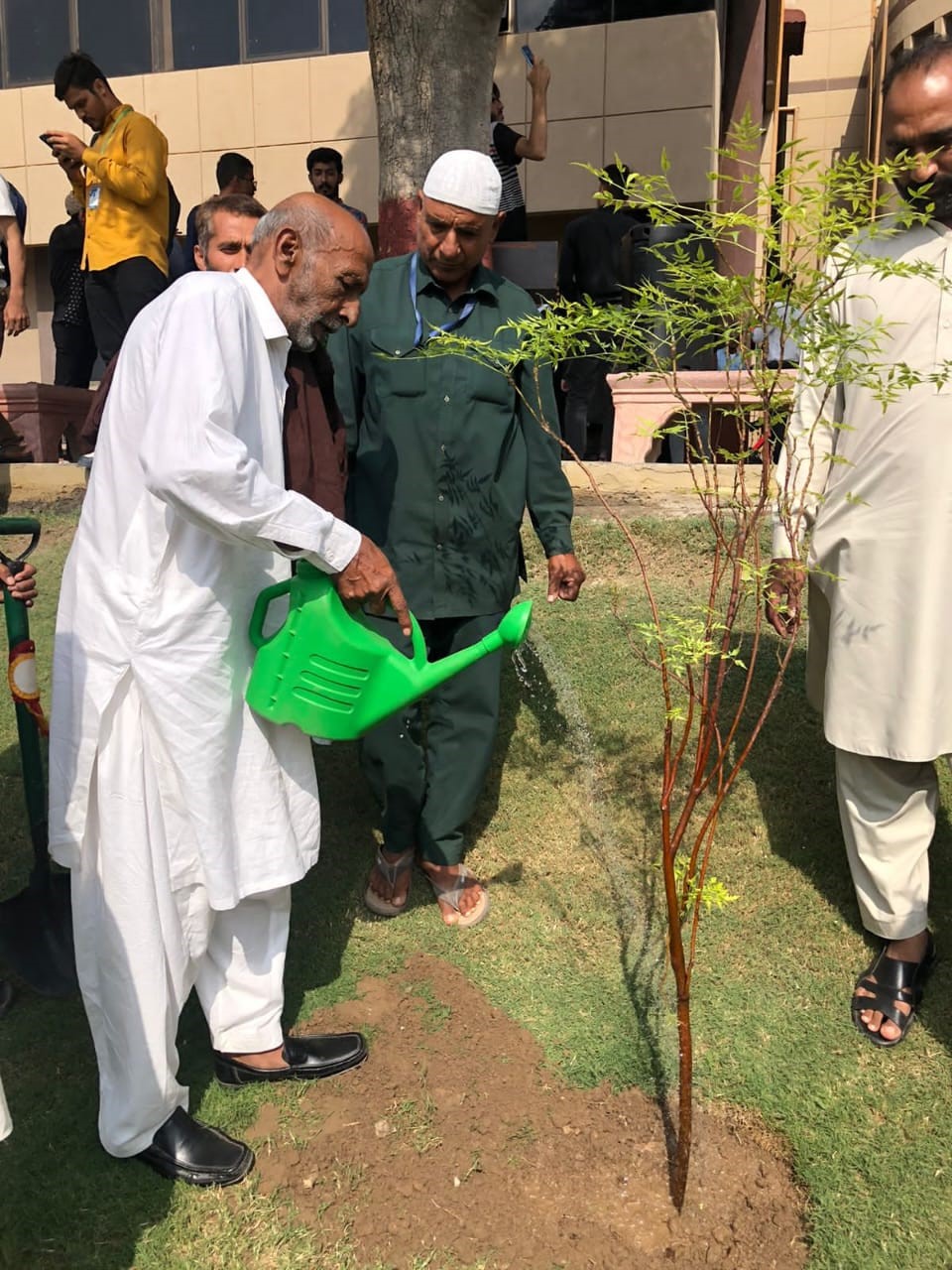
Sharing Wisdom: Capturing Moments from the Farmer's Session
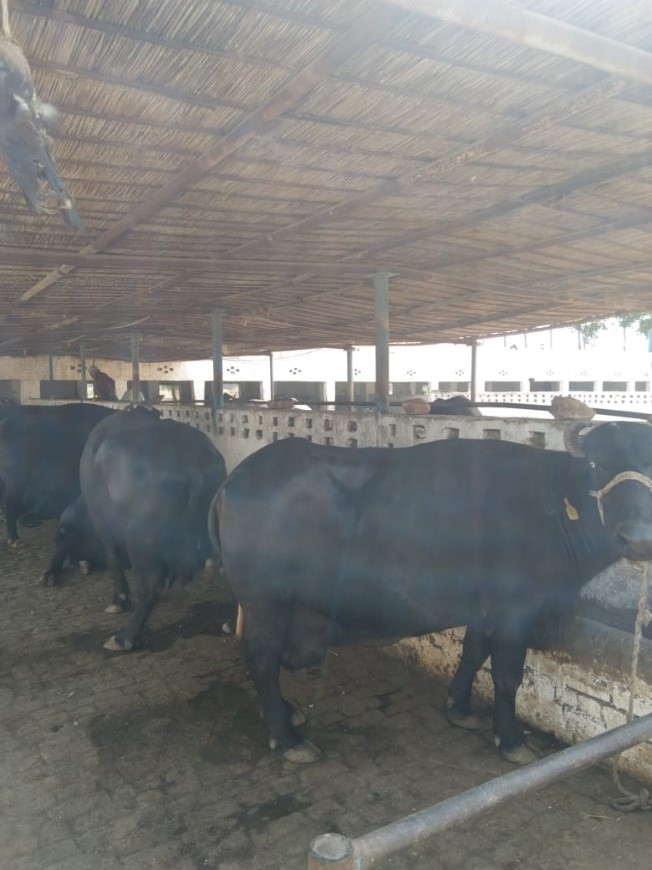
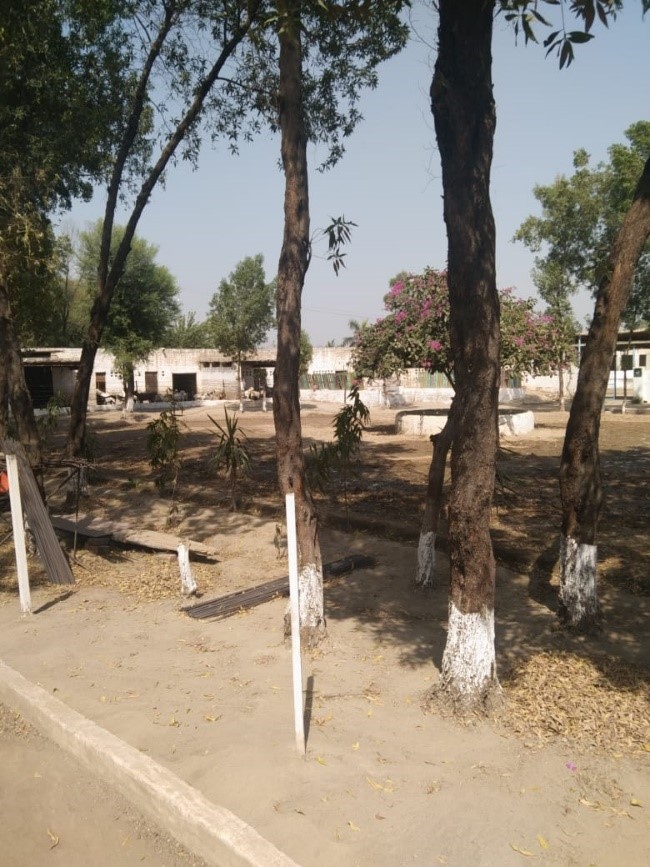
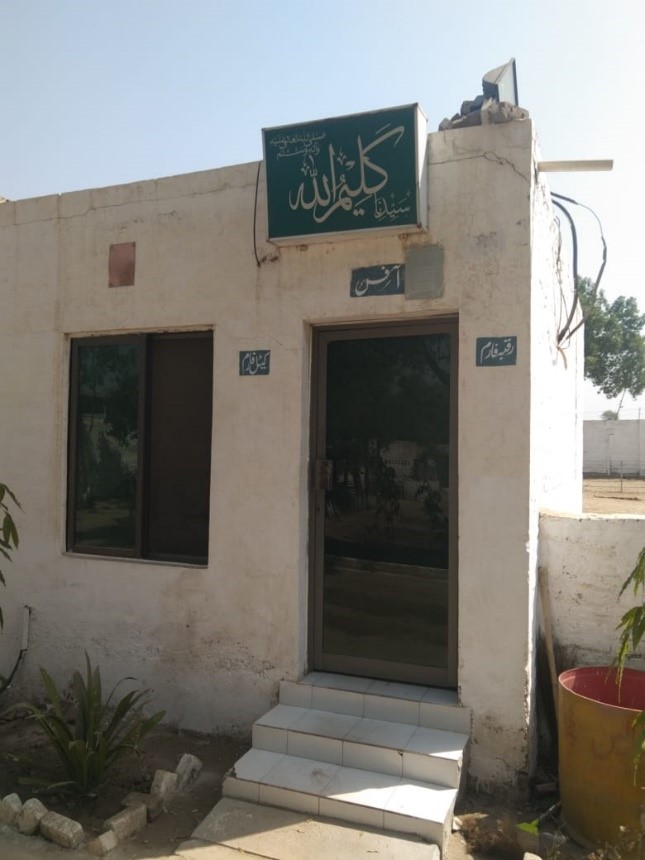
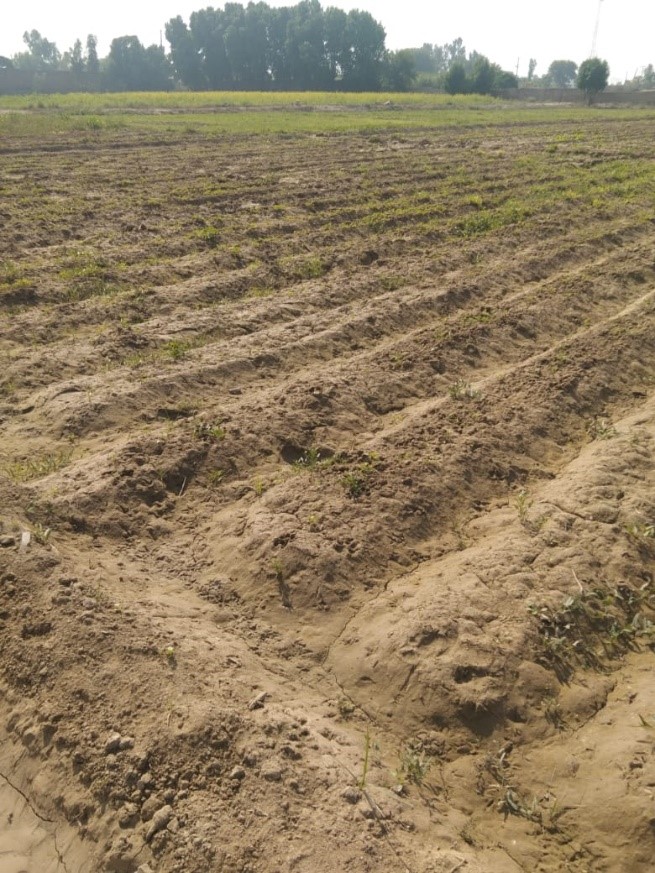
Agricultural Assets of TUF : Cattle Farm and Fields"
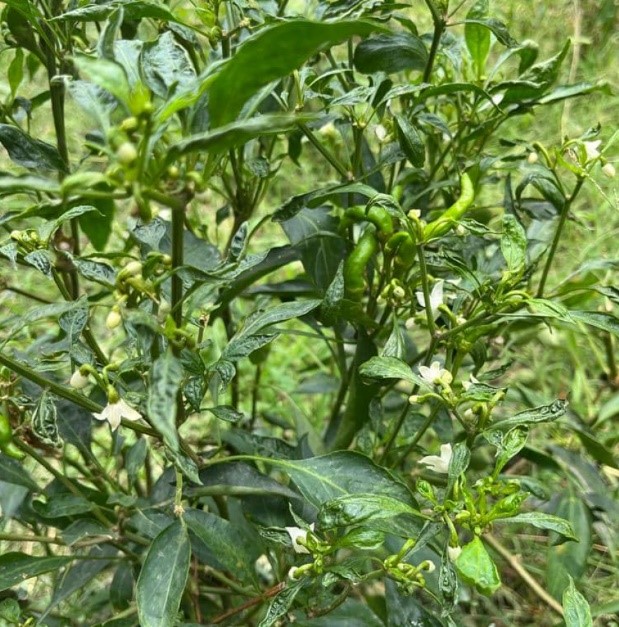
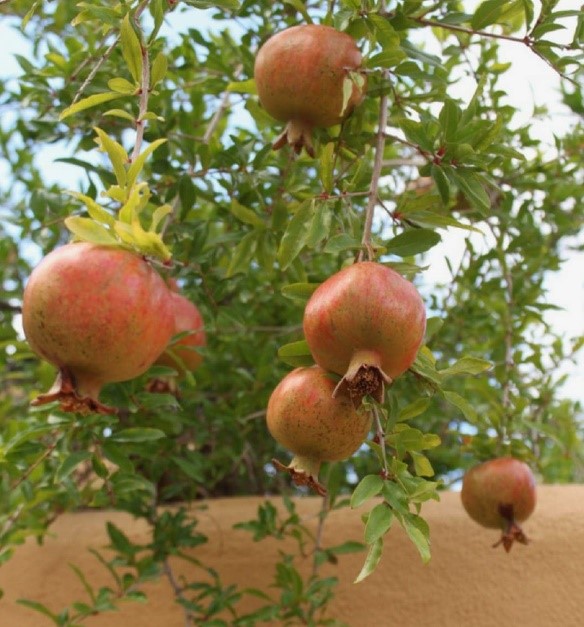
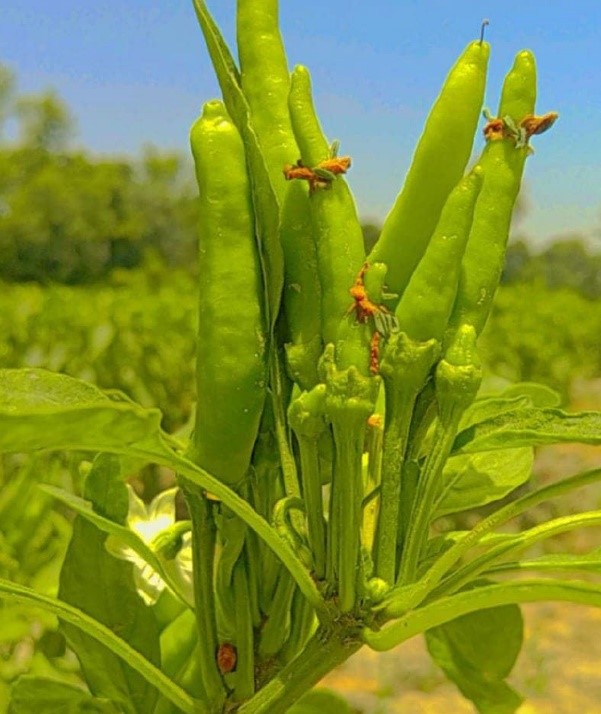

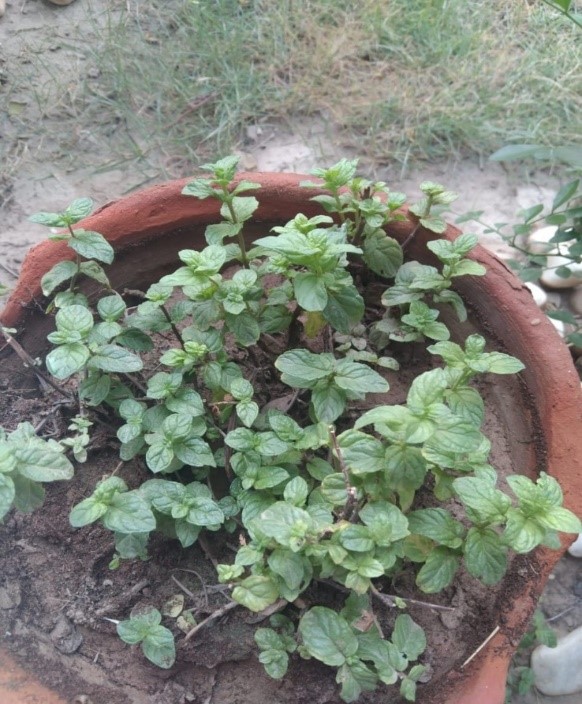
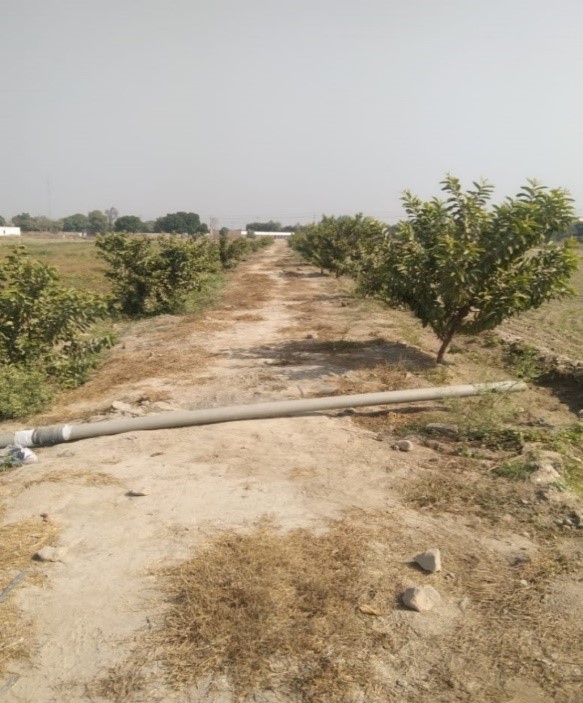
Abundant Harvest: Fresh Fruits and Vegetables from University Fields
These birdhouses, thoughtfully designed by the University, provide feathered residents with safe and comfortable habitats while fostering ecological diversity on campus.
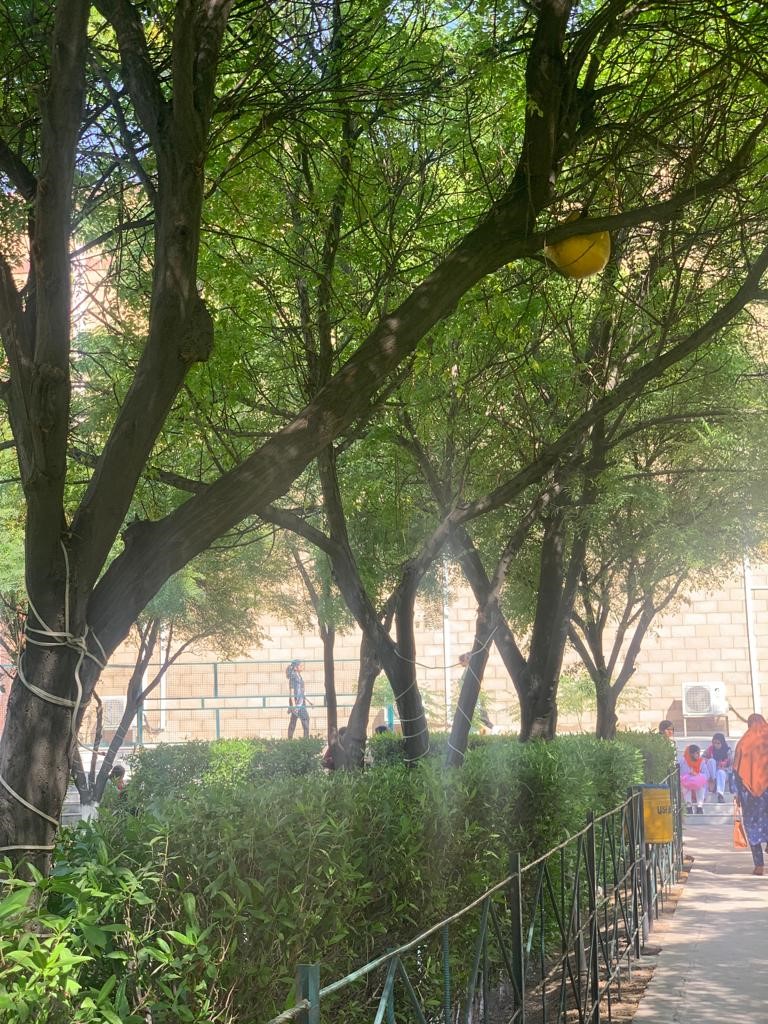
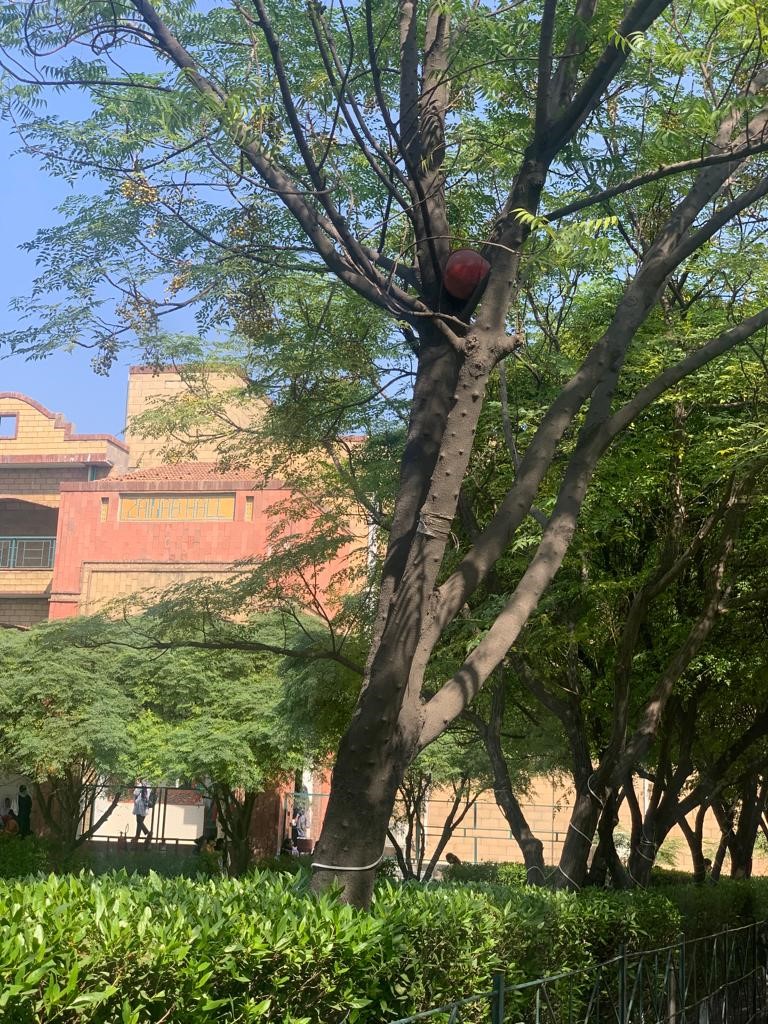
A testament to our commitment to harmonious coexistence with nature.
- Development of robust multi-story green academic buildings considering architectural and structural aspects
The development of multi-story green academic buildings represents a pivotal step in creating sustainable and conducive learning environments. This comprehensive research delves into the integration of architectural and structural elements to design robust and environmentally-friendly academic facilities. By harmonizing architectural aesthetics with structural resilience and sustainability, this study seeks to set a new standard for green academic building design, fostering a holistic approach to education and environmental responsibility.
1. Use of cement-treated sand to enhance the lateral capacity of pile foundations
Cement-treated sand is a material used for increasing the axial and lateral capacity of the ground around piles. Piles are commonly used to carry the axial load; however, in some structures, the lateral capacity of the pile is also important. This study investigates improving the lateral capacity of a single pile using cement-treated sand. The results have indicated that the use of cement-treated sand can improve the lateral capacity of the pile and volume of the improved ground should be carefully designed, keeping in mind the ground conditions.
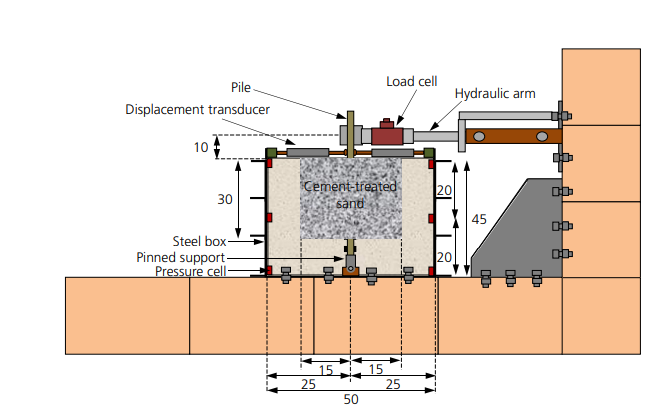
Figure: Schematic of the test set-up. All measurements are given in centimeter
2. Physio-Mechanical and Thermal Properties of Concrete Produced by Partial Replacement of Sand with Plastic Fines
Abundant plastic waste is generated around the globe annually and safe management of this waste is crucial for the health of our environment. This research was conducted to examined the physical and mechanical properties of plastic waste concrete (PWC) formulated by partially replacing natural sand with plastic fines. Based on the test results and analysis, 10% replacement of sand with plastic fines is recommended to be used it for construction purposes.
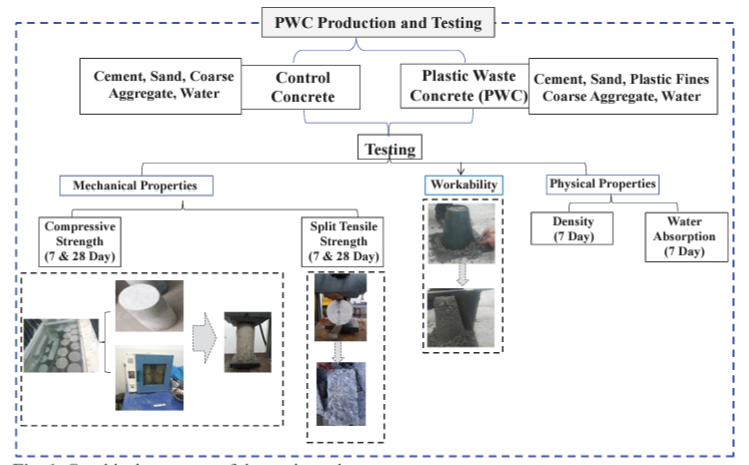
Figure.: Graphical summary of the testing scheme.

